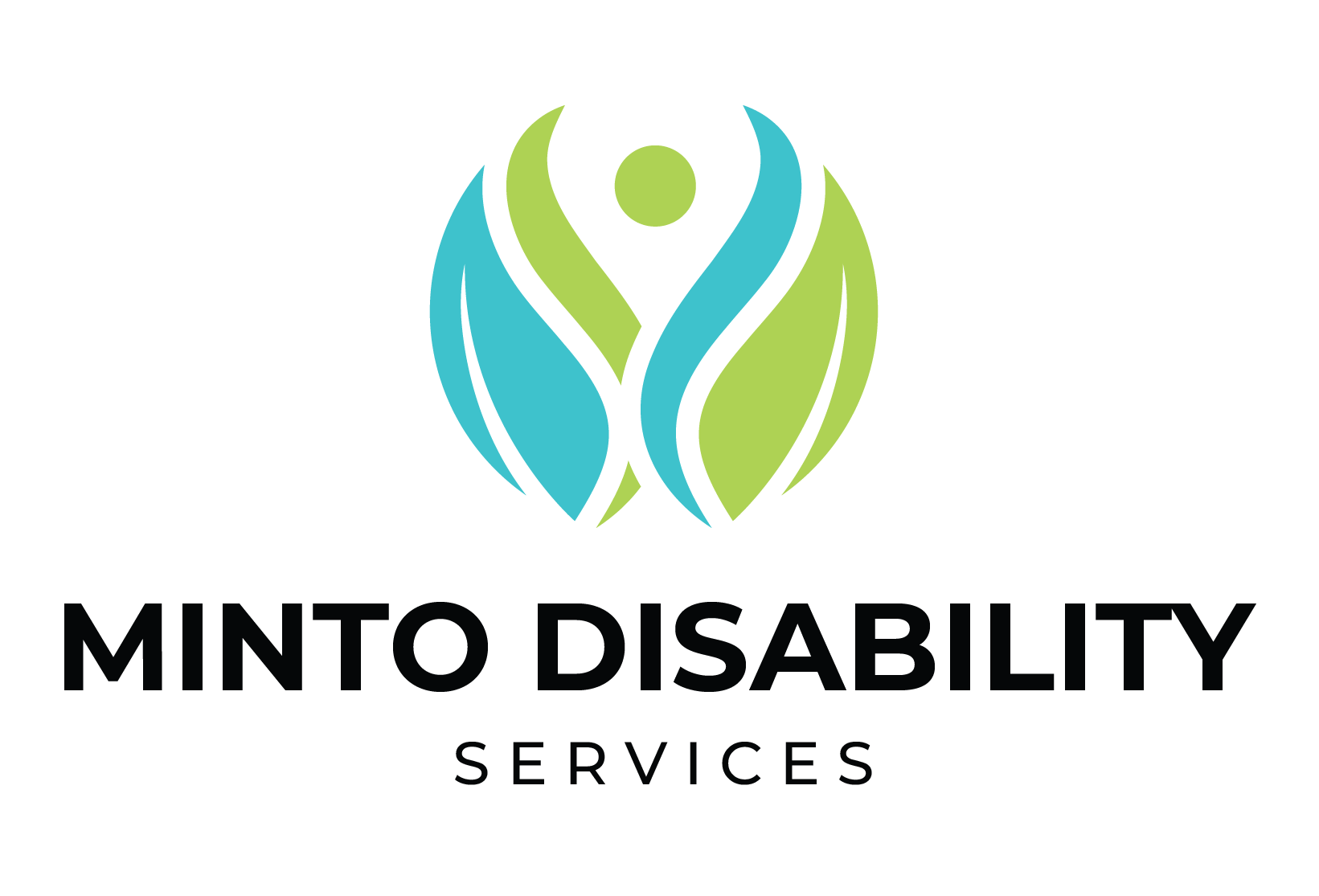Breaking the Stigma: Overcoming Mental Health Challenges
Introduction
In today’s society, mental health has become an increasingly important topic of discussion. With the prevalence of mental health challenges, it is vital to address the stigma surrounding these issues and promote understanding and support. This article explores the ways in which individuals can break the stigma associated with mental health and overcome their own mental health challenges.
The Impact of Stigma
Stigma surrounding mental health can have significant consequences for individuals experiencing mental health challenges. It can prevent individuals from seeking help, lead to feelings of shame and isolation, and hinder their overall well-being. By breaking the stigma, we can create a more inclusive and supportive environment for those in need.
Ways to Break the Stigma
- Education: Increase awareness and understanding of mental health through education and sharing accurate information.
- Open Discussions: Encourage open and honest conversations about mental health to reduce misinformation and promote empathy.
- Supportive Language: Use non-judgmental and supportive language when discussing mental health to create a safe space for individuals to share their experiences.
- Advocacy: Advocate for policy changes and increased resources for mental health services to ensure everyone has access to the care they need.
- Sharing Personal Experiences: Share personal stories and experiences to humanize mental health challenges and inspire others to seek help.
Overcoming Mental Health Challenges
Overcoming mental health challenges is a journey that requires time, patience, and support. It is important to remember that everyone’s experience is unique and there is no one-size-fits-all approach. However, here are some strategies that can be helpful:
Seeking Professional Help
Consulting with a mental health professional, such as a therapist or psychologist, can provide valuable guidance and support. They can help develop coping mechanisms, provide therapy, and offer evidence-based treatments tailored to individual needs.
Building a Support Network
It is crucial to surround oneself with a strong support network of friends, family, and loved ones who can provide emotional support and understanding. Engaging in support groups or online communities can also be beneficial in connecting with others who have similar experiences.
Self-Care and Healthy Lifestyle
Engaging in self-care activities and maintaining a healthy lifestyle can have a positive impact on mental health. This includes practicing regular exercise, getting enough sleep, eating nutritious foods, and managing stress through mindfulness or meditation techniques.
Challenging Negative Thoughts
Recognizing and challenging negative thoughts or self-critical beliefs can help break free from the cycle of negativity. Learning cognitive-behavioral techniques and cultivating a positive mindset can contribute to improved mental well-being.
Conclusion
Breaking the stigma surrounding mental health is essential to create a more compassionate and understanding society. By educating ourselves, having open conversations, and offering support, we can help individuals overcome their mental health challenges and lead fulfilling lives. Remember, seeking professional help and building a support network are important steps towards healing and growth. Together, we can make a positive difference in the lives of those affected by mental health challenges.
